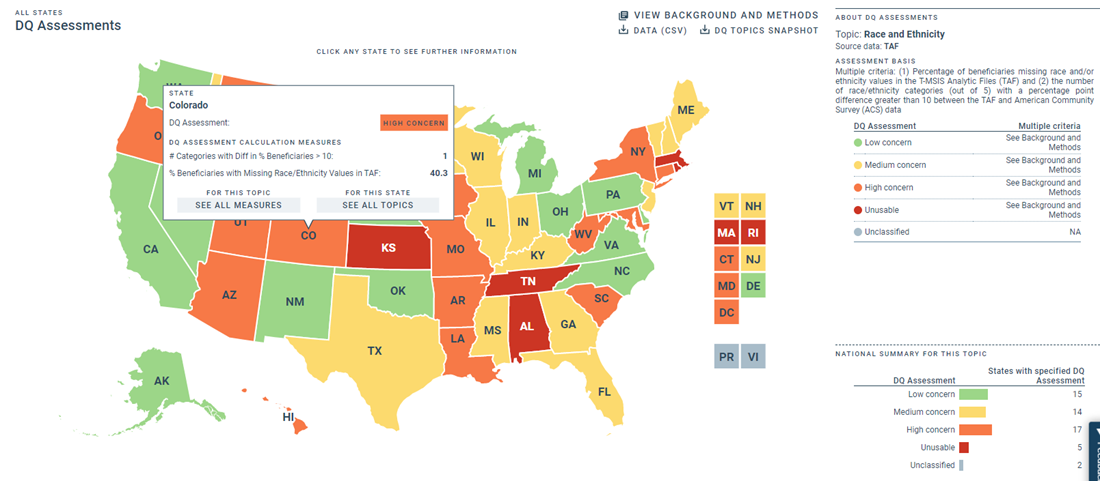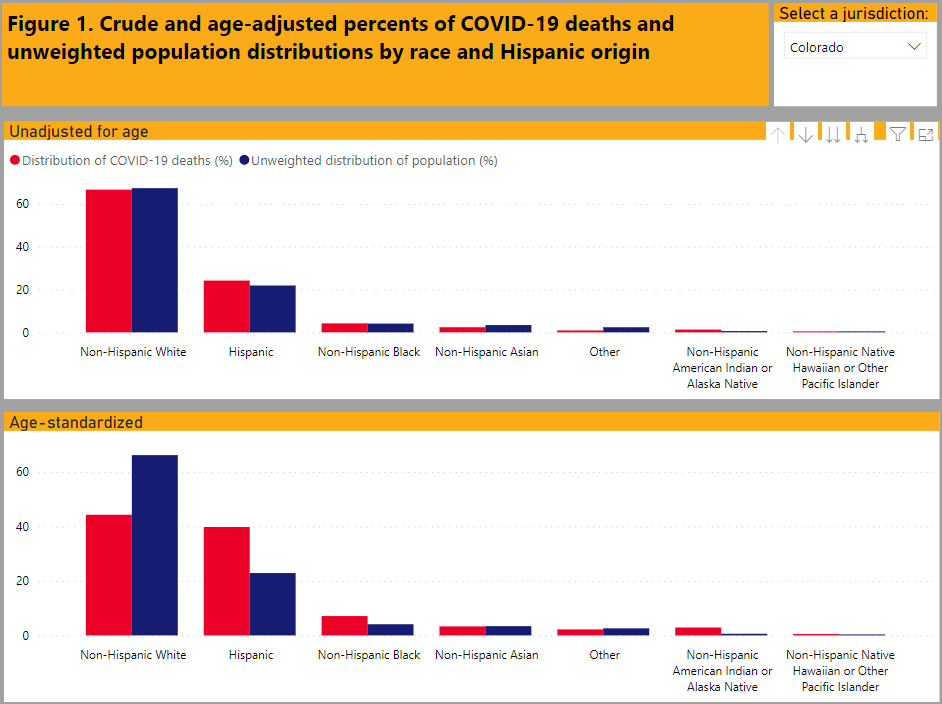MM Curator summary
[MM Curator Summary]: Humana is making donations to 8 different groups in the Columbus area, including food banks, BH providers, housing non-profits, and others.
The article below has been highlighted and summarized by our research team. It is provided here for member convenience as part of our Curator service.
Community investments benefit eight organizations throughout Ohio
COLUMBUS, Ohio–(BUSINESS WIRE)–Humana Healthy Horizons, the Medicaid business of leading health and well-being company Humana Inc. (NYSE: HUM), announced today that it has invested $4.6 million to support community organizations in Ohio that share the company’s passion for overcoming public health challenges and improving the health and well-being of Ohioans.
“The Foodbank is thrilled to work on health equity with Humana. The funds from Humana will be spent providing services to food-insecure residents across the Miami Valley”
“We are committed to supporting the important work being done by these community organizations across Ohio to improve the lives of people in the communities we serve,” said Jeff Corzine, Regional President-Ohio Medicaid at Humana. “We’re investing in community programs that will have a lasting impact on improving the holistic health and well-being of all Ohioans.”
The investments are going to community partners helping parents, families and individuals in need, including new mothers and children, and assisting with housing security, health and wellness, education, work force development, food security and more.
“The Foodbank is thrilled to work on health equity with Humana. The funds from Humana will be spent providing services to food-insecure residents across the Miami Valley,” said Michelle L. Riley, CEO of The Foodbank, a Dayton-area organization serving the Miami Valley through food distribution. “Ensuring our most vulnerable populations have the resources needed for a healthy and happy life is critical for our community to thrive. We thank Humana for its insight and leadership as we work to eliminate hunger in our communities.”
The community partners receiving funds are:
- The Foodbank
- Greater Cleveland Food Bank, the largest hunger relief organization in Northeast Ohio
- Mid-Ohio Food Collective, which provides food to people across 20 central and eastern Ohio counties
- Volunteers of America Ohio & Indiana, which provides behavioral health services, support for veterans, reentry from the criminal justice system and housing
- CHN Housing Partners, an affordable housing developer, housing services provider and residential lender
- March of Dimes, which works to improve the health of mothers and babies
- Ohio Academy of Family Physicians, a statewide professional association
- Ohio University, based in Athens
“Connecting families to healthy and nutritious food is an important part of Mid-Ohio Food Collective’s mission,” said Matt Habash, president and CEO of Mid-Ohio Food Collective. “We are thankful to have support from Humana as we continue to work together to find innovative solutions to hunger.”
“With Humana’s support, we are able to reach more people with our signature programs as we work toward our goals of improving maternal health and pregnancy outcomes so more babies will be born full-term and healthy,” said Lisa Amlung Holloway, director of maternal infant health for the March of Dimes in Ohio.
In April 2021, Humana was selected by the Ohio Department of Medicaid (ODM) to deliver health care coverage to Medicaid beneficiaries who live throughout Ohio. When Humana’s program entry is implemented, Humana will serve adults and children across Ohio with the goal of helping them improve their health and well-being through a whole-person, value-based approach that goes beyond traditional clinical care.
Humana has a strong and steadfast commitment to Ohio. As of March 31, 2022, approximately 563,700 Ohioans have health coverage through Humana Medicare Advantage plans, Medicare prescription drug plans, commercial group health plans, and the TRICARE military health care program as administered by Humana.
Humana is proud to be a community partner in Ohio by addressing community and social determinants of health through its Bold Goal program. The Bold Goal is Humana’s population health strategy to improve the health of people it serves, and Cincinnati is one of Humana’s official Bold Goal communities.
In addition, throughout the pandemic, the company has stepped up to support people and programs working to keeping our communities safe and functioning, and to support vaccination efforts.
About Humana Healthy Horizons
Humana manages Medicaid benefits for more than 950,000 members nationally under the Humana Healthy Horizons™ brand, which reflects our expertise in managing complex populations, our commitment to creating solutions that lead to a better quality of life for our members, and our efforts to deliver human care that makes the healthcare experience easier, more personalized and more caring.
During more than two decades of serving people with Medicaid, Humana Healthy Horizons has developed a wide range of capabilities to serve children, parents, childless adults, and beneficiaries that are aged, blind or disabled. We integrate physical health, behavioral health, pharmacy, long-term care, and social services for a whole-person approach to improve the health and well-being of our members and the communities we serve.
Humana Healthy Horizons serves Medicaid enrollees through the following programs:
- Medicaid Managed Care (MMC)
- Managed Long Term Services and Supports (MLTSS)
- Centers for Medicare and Medicaid Services (CMS) Financial Alignment Initiative Dual Demonstrations
- Medicare Advantage Dual-eligible Special Needs Plans (D-SNPs) and Medicare Prescription Drug Plans (PDPs)
Humana Healthy Horizons is a Medicaid Product offered by affiliates of Humana Inc.
About Humana
Humana Inc. is committed to helping our millions of medical and specialty members achieve their best health. Our successful history in care delivery and health plan administration is helping us create a new kind of integrated care with the power to improve health and well-being and lower costs. Our efforts are leading to a better quality of life for people with Medicare, families, individuals, military service personnel, and communities at large.
To accomplish that, we support physicians and other health care professionals as they work to deliver the right care in the right place for their patients, our members. Our range of clinical capabilities, resources and tools – such as in-home care, behavioral health, pharmacy services, data analytics and wellness solutions – combine to produce a simplified experience that makes health care easier to navigate and more effective.
More information regarding Humana is available to investors via the Investor Relations page of the company’s web site at www.humana.com, including copies of:
- Annual reports to stockholders
- Securities and Exchange Commission filings
- Most recent investor conference presentations
- Quarterly earnings news releases and conference calls
- Calendar of events
- Corporate Governance information



